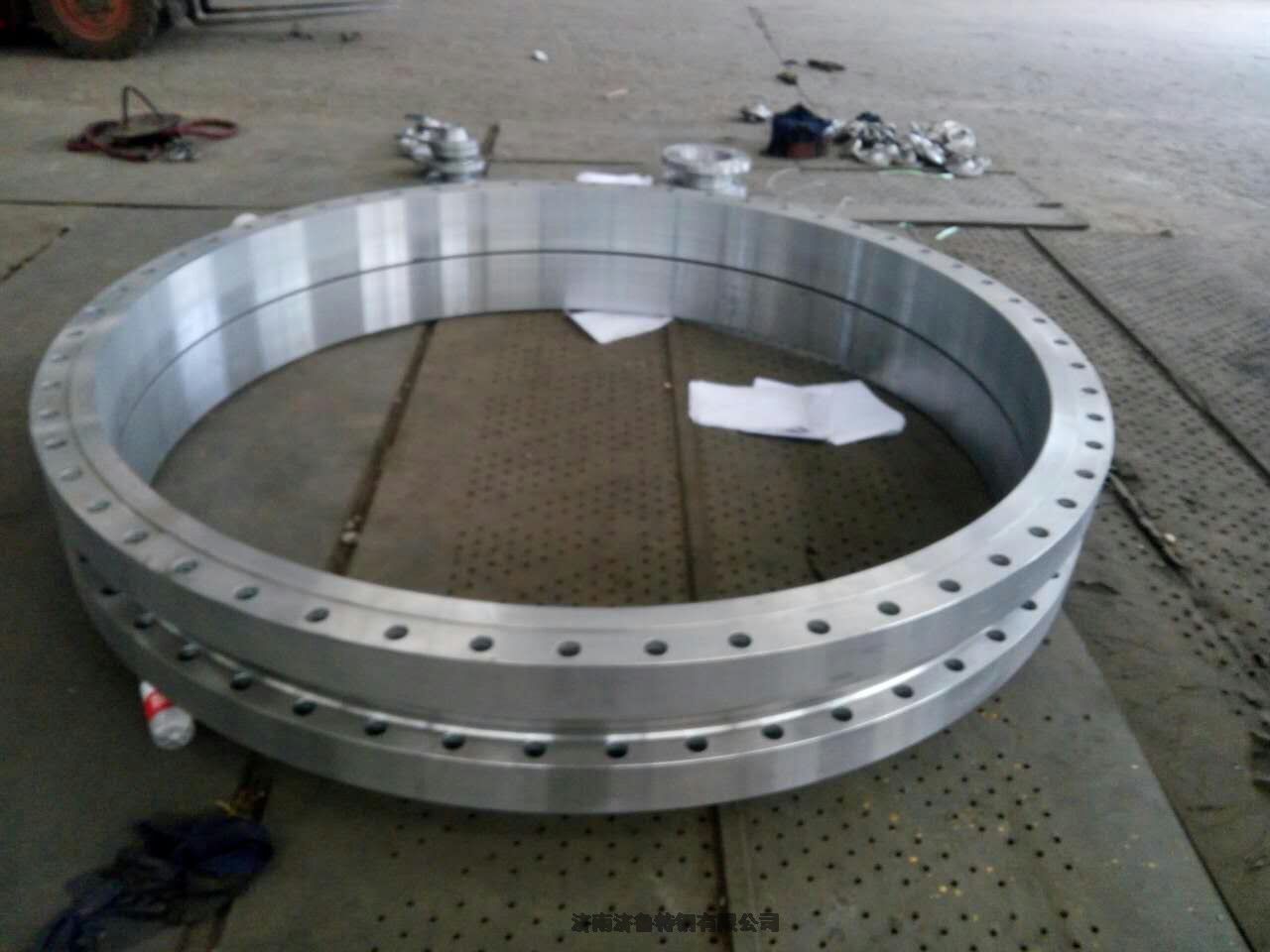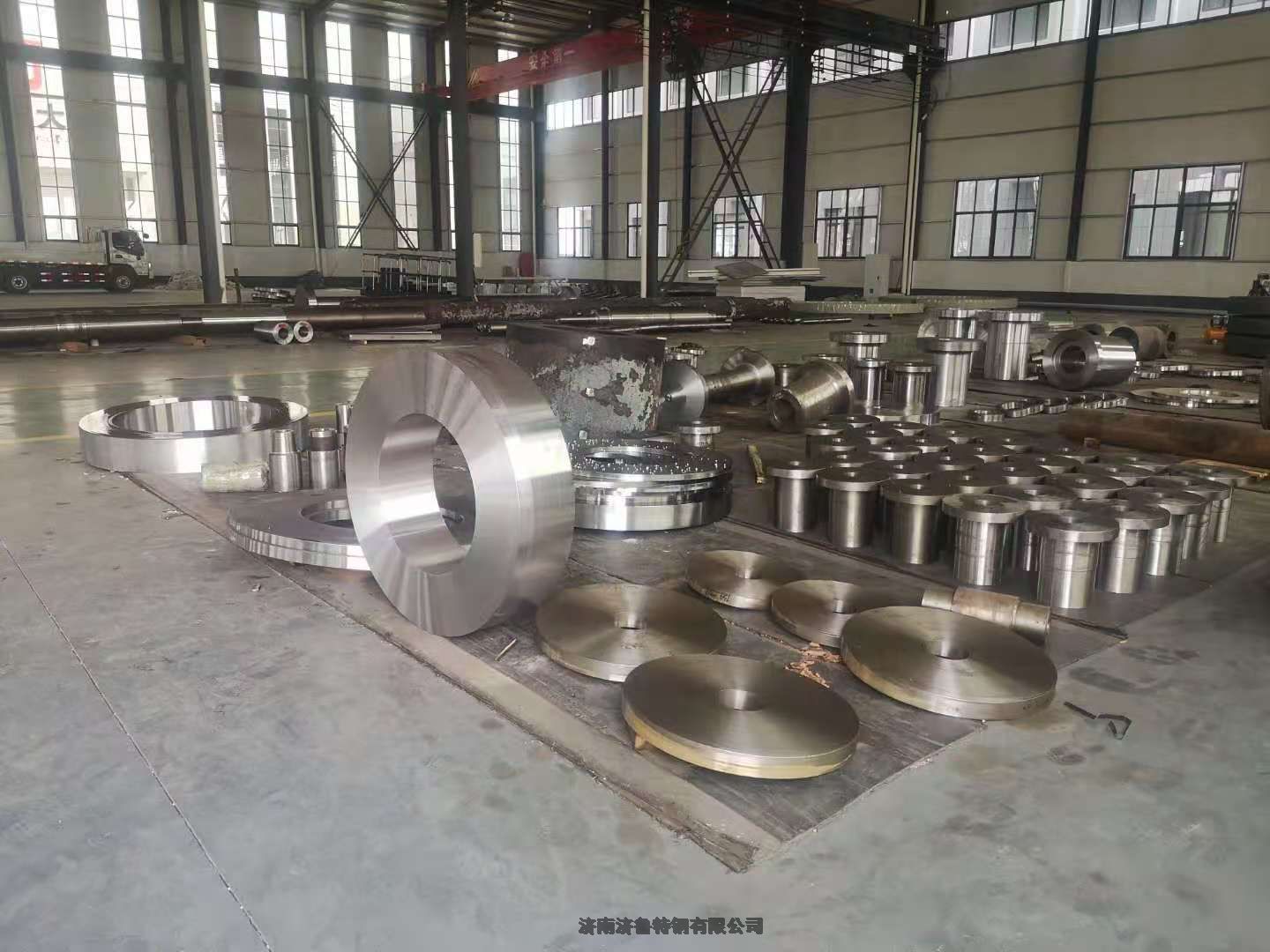
商铺名称:深圳市凯冠企业管理咨询有限公司
联系人:邢楠(小姐)
联系手机:
固定电话:
企业邮箱:szkaiguan06@163.com
联系地址:深圳市龙岗区南湾街道草堆街30号三鼎电商文创园A502
邮编:518000
联系我时,请说是在五金机电网上看到的,谢谢!
RCS简介
The Recycled Claim Standard (RCS) is an international, voluntary, full product standard that sets requirements for third-party certification of Recycled input and chain of custody. The goal of the RCS is to increase use of Recycledmaterials.
回收含量声明标准(RCS)是一项国际、自愿和全面的产品标准,规定了回收内容和产销监管链的第三方认证要求。RCS 的目标是增加产品中回收材料的使用。
The objectives of the RCS are:
RCS 的目标是:
? Alignment of definitions across multiple applications.
? 统一多种应用的定义。
? Track and trace Recycled inputmaterials.
? 追溯可回收投入材料。
? Provide customers (both brands and consumers) with a tool to make informeddecisions.
? 为客户(品牌商和消费者)提供一个做出明智决定的工具。
? Provide assurance that materials in the final product are actually Recycled and processedmore sustainably.
? 确保最终产品中的材料更加可持续性的回收利用和处理。
The Recycled Claim Standard is intended for use with any product that contains at least 5% Recycled Material. Each stage of production is required to be certified, beginning at the recycling stage and ending at the last seller in the final business-to-business transaction. Material Collection and Material Concentration sites are subject to self-declaration, document collection, and on-site visits.
回收含量声明标准适用于任何至少含有5%回收材料的产品。从回收阶段开始,每个生产阶段都必须经过认证,并最终在企业对企业交易中结束于最后的卖方。材料收集和材料集中地点需要经过自我声明、文件收集和现场访问。
The RCS does not address social or environmental aspects of processing and manufacturing, quality or legal compliance.
RCS 不解决加工及制造环节中所涉及的社会责任和环境方面要求和质量或合法性问题。
The RCS uses the ISO 14021 definition of Recycled Content, with interpretations based on the US Federal Trade Commission Green Guides; the intention is to comply with the most widely recognized and stringent definitions.
RCS 采用了ISO 14021 回收含量定义,基于美国联邦贸易委员会绿色指南的解释;旨在遵守最广泛认可和严格的定义。
This is a voluntary standard that is not intended to replace the legal or regulatory requirements of any country. It is the responsibility of each operation to demonstrate compliance with all applicable laws and regulations related to marketing, labor, and business practices. Sellers of RCS products are advised to reference the allowed Recycled Content claims in the countries of sale, to ensure that they are meeting all legal product claim requirements.
这是一项自愿约守标准,不意图取代任何国家的法律或法规要求。使用方有责任证明其遵守与营销、
劳工和商业行为相关的所有适用法律法规。建议RCS 产品的销售商参考销售国家的允许回收含量要求,以确保符合所有合法的产品声明要求。
The next scheduled revision of the RCS is in 2021. You may submit feedback to the standard at any time; send to Integrity@TextileExchange.org. Points of clarification may be incorporated into the RCS Implementation Manual prior to 2021. More substantive feedback or suggested changes will be collected and reviewed as part of the next revision of the standard.
RCS的下一次定期修订是2021 年。您可以随时向该标准提交反馈;发送邮件至
Integrity@TextileExchange.org。澄清点可在2021 年之前纳入RCS 实施手册。作为下一次修订标准的一部分,将收集和审查更实质的反馈或建议更改。
Section A – General Information
A 部分- 基本信息
A1 – Definitions A1 - 定义
The Content Claim Standard has a complete set of the terms used in TE standards. The following are specific to the RCS, and are important in defining the verification requirements for the input materials for recycling:
内容声明标准中包含一套完整的纺织品交易所标准术语。以下内容特定于RCS,在定义回收投入材料的验证要求方面非常重要:
KEVINYOUNG(185-7640-1396)
Material Collection
材料收集
Material Collection refers to the point in the recycling lifecycle when a Reclaimed Material is collected after its original use has ended (i.e.: it would have otherwise gone into the waste stream).
材料收集是指回收材料在其原始使用结束后的收集,是回收周期中的一个时间点(即:否则将进入废物流程)。
Entities involved in Material Collection may include, but are not limited to:
涉及材料收集的实体可能包括但不限于:
? Individuals who collect Post-Consumer Materials for sale tobrokers
? 收集售给中间商的消费后材料的个人
? Government organizations (e.g.: municipalities) that offer curbside recycling or operate transfer stations
? 提供路边回收或经营转运站的政府机构(例如:市政府)
? Brokers that purchase Pre/Post-Consumer Material from individuals, municipalities, or commercial operations forre-sale
? 从个人、市政或商业企业处购买消费前/后材料用以转售的中间商
? CommercialoperationsthatcollecttheirownPre-ConsumerMaterialfrom manufacturingoperations
? 从制造业处收集消费前材料的商业经营单位
? Commercial operations that collect Post-Consumer Material (e.g.: retailstores)
? 收集消费后材料的商业经营单位(例如:零售店)
Material Concentration
材料集中
Material Concentration refers to the point in the recycling lifecycle when a waste material receives primary handling. This may include, but is not limited to, sorting, screening, basic contaminant removal, or baling. Material is still unprocessed at this stage, meaning it has not been physically or chemically altered beyond basic handling (e.g.: screening, crushing, or washing).
材料集中是指在循环周期中,废料接受基本处理时的时间点。可能包括但不限于排序、筛选、基本污染物去除或打捆。在这个阶段,材料仍然未经处理,这意味着除基本处理(例如:筛选、粉碎或洗涤)之外,尚未发生物理或化学改变。
For example:
例如:
? Government organization (e.g.:municipality)
? 政府机构(如:自治市)
? Non-profit organization
? 非盈利机构
? Business entity (e.g.:brokers)
? 业务实体(例如:中间商)
Material Recycling
材料回收
Material Recycling refers to the point in the recycling lifecycle when a Reclaimed Material is processed into a Recycled Material.
材料回收是指在循环周期中,将回收的材料处理成回收材料的时间点。
Post-Consumer Material
消费后材料
Material generated by households or by commercial, industrial, and institutional facilities in their role as end-users of the product that can no longer be used for its intended purpose. This includes returns of materials from the distribution chain.1
由家庭或商业、工业和机构设施作为最终产品用户产生的、不能再用于其预期用途的材料。包括从分销链中回收的材料。1
Pre-ConsumerMaterial
消费前材料
Material diverted from the waste stream during the manufacturing process. Excluded is the reutilization of materials such as rework, regrind or scrap generated in a process and capable of being reclaimed within the same process that generated it.2
在制造过程中从废物流中转移出的材料。排除返工、回收或在处理过程中产生的,并可在产生该过程的同一过程中回收的材料的二次利用。















